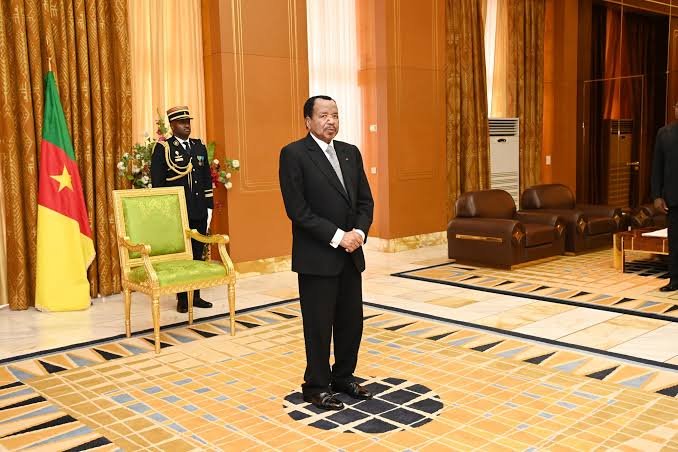The recent uproar in Cameroon following the results of the just-concluded election has plunged the country into turmoil. The results are fiercely contested, with opposition parties claiming victory. Yet, instead of focusing on the credibility of the election, much of the international community seems more preoccupied with the age of the country’s leadership, and for good reason.
Cameroon today has become a global spectacle, not for its democratic progress, but for its ageing leadership. This has drawn mixed reactions and even ridicule, as the country exemplifies a broader African irony: a continent with one of the world’s youngest populations is still led by some of its oldest leaders.
A Nation Led by a Nonagenarian
Every nation hopes to have leaders who are close to the people, understand the realities at the grassroots, and bring good governance to the population. Unfortunately, in Cameroon, the country’s leaders appear to be closer to the grave than to the citizens they are meant to serve. Nowhere is this more evident than in Cameroon’s political hierarchy.
President Paul Biya, born in 1933, is now 92 years old. He has been in power since 1982, ruling for more than four decades, longer than most Cameroonians have been alive. For perspective, Biya has been in power since before the invention of the internet, the iPhone, digital cameras, and Wi-Fi. Having just secured another seven-year term, he could turn 100 years old while still in office, assuming he does not contest again.
Prime Minister Joseph Ngute, at 71, is considered a “youth” among the ruling elite. President of the Senate Marcel Niat Njifenji, also 92, has held his position since 2013. President of the National Assembly Cavayé Yéguié Djibril, 85, has occupied his office since 1992.
This ageing leadership stands in stark contrast to Cameroon’s demographics. Over 60 percent of its population is under 25, while those above 65 account for only about 3 percent. The nation’s median age is 18, meaning most citizens have never experienced a true change in leadership or witnessed any major transformation in governance and development.
Across Africa, a pattern of gerontocracy is emerging, where power is reserved for the old. In such systems, those who hold authority are often far removed from the realities of modern society and the aspirations of their people.
Decades in power breed complacency. Leaders become resistant to change, clinging to outdated ideas and systems. Innovation is stifled, progress slows, and corruption festers. The arrogance that comes with prolonged rule often leads to poor judgment and a belief that longevity equals legitimacy, even when the nation is in visible decay.
The longer leaders stay in power, the more they weaken the institutions that should hold them accountable. In countries where justice systems lack transparency and independence, corruption becomes systemic, feeding inequality, unrest, and instability.
A Call for Renewal
The way forward is simple but difficult; Africa needs new leadership. The youth must be given space to lead and bring fresh ideas, technological innovation, and a renewed sense of purpose to governance.
Countries like Senegal and Burkina Faso are showing early signs of this shift, even if imperfectly. Although military takeovers are not the solution, these movements highlight a growing demand for generational change. Ironically, many of today’s ageing leaders also began as young revolutionaries promising freedom and progress, only to become the obstacles they once opposed later.
The question remains: Why does Africa continue to face this leadership dilemma?
Whatever the cause, one truth is undeniable: the continent cannot move forward under leaders who are out of touch with the people they govern, especially a young, dynamic, and hungry generation.
The answer lies in a deliberate and determined effort by Africa’s youth to reclaim their countries through legal, democratic, and visionary means. Only then can Africa move from the shadows of its ageing elite and into the dawn of a new generation of leadership.
__________
Imran Muqaddas Adewale is geopolitical analyst, researcher and expert in international relations and strategic studies. Email: imranmuqaddas01@gmail.com













